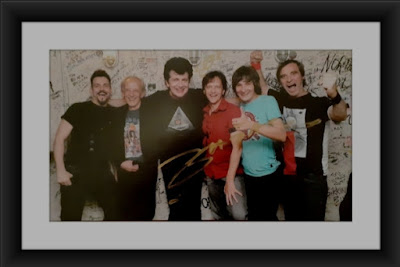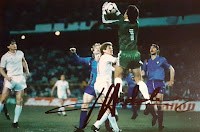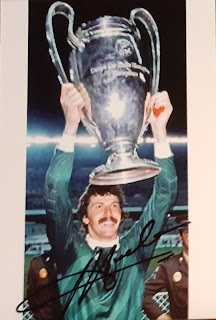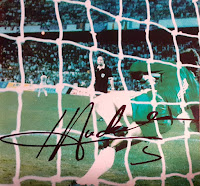Also Disney Romania chooses the cosmonaut to dubbed BURN-E in the Disney Pixar short.
Early life and career
Born on 27 September 1952 in Braşov, Romania, Dumitru-Dorin Prunariu graduated in 1971 from the Physics and Mathematics high school in Braşov and in 1976 from the Politehnica University of Bucharest, obtaining a degree in Aerospace Engineering.Prunariu worked as a Diploma Engineer at Industria Aeronautică Română, an aircraft industry facility, prior to enrolling in the Romanian Air Force Officers Training School in 1977.
Intercosmos program
He was selected for spaceflight training in 1978 as a part of the Intercosmos Program. Having obtained the highest marks during three years of preparation, he was then selected for a joint space flight with the Russian cosmonaut Leonid Popov. In May 1981 they completed an eight-day space mission on board Soyuz 40 and the Salyut 6 space laboratory where they completed scientific experiments in the fields of astrophysics, space radiation, space technology, space medicine and biology.Prunariu is the 103rd human being to fly into space.
Career after Intercosmos
Since 1978 Prunariu was an active officer of the Romanian Air Force. For different periods of time Prunariu was detached within other ministries to perform civil functions. In 2007 he completely retired from the Air Force with the military rank of major general, continuing his professional activity as a civil servant. At the end of 2015, by a decree of the President of Romania, Prunariu received the 3rd star, becoming a lieutenant-general (ret.).
In January 1990 Prunariu was assigned the position of Deputy Minister to the Ministry of Transportation and Chief of the Romanian Civil Aviation Department, exercising this position for 1.5 years. In 1991 Prunariu graduated from the International Aviation Management Training Institute (IAMTI/IIFGA) located in Montreal, Canada – being after 1989 the first Romanian accomplishing a two-month training for higher managers of civil aviation institutions.
Between 1992 and 1993 Prunariu was a Co-leader of the World Bank Project on reorganization of the higher education and research system in Romania.
Since 1995 Prunariu is the Vice-President of the International Institute for Risk, Security and Communication Management (EURISC), Bucharest. Between 1998 and 2004 Prunariu was the President of the Romanian Space Agency, and since 2000 an Associate Professor on Geopolitics within the Faculty of International Business and Economics, Academy of Economic Studies, Bucharest, Romania. For almost two years, starting with May 2004, he was the itinerary Ambassador Extraordinary and Plenipotentiary of Romania to the Russian Federation.
In 2002 Prunariu was elected as the Chairman of the Scientific and Technical Subcommittee of the UN COPUOS for the period February 2004 – February 2006, and in 2009 he was elected the Chairman of the UN COPUOS for the period of June 2010 – June 2012, accomplishing successfully his duties. Between 2006 and 2008 Prunariu accomplished the duties of the Director of the Romanian Office for Science and Technology to the European Commission (ROST) in Brussels.
Currently, Prunariu is working for the Romanian Space Agency as an expert within the Romanian Association for Space Technology and Industry – ROMSPACE.
In 2012 Prunariu was appointed as one of the 15 experts of the Group of Governmental Experts on outer space transparency and confidence-building measures, established by the UN General Assembly Resolution 65/68. Since 1992 Prunariu is a member of the International Academy of Astronautics, being one of the trustees of the Academy, and since 1994 a member of the Romanian National COSPAR Committee. Since 1992 he has represented the Government of Romania to the United Nations Committee on the Peaceful Uses of Outer Space (UN COPUOS) sessions. In 2014 Prunariu was elected for a three years term as the vice-chairman of the International Relations Committee of ESA.
Prunariu was also a member of the task force elaborating a report on Space Security for Europe in the framework of the European Institute for Security Studies (EUISS), issued in 2016.









